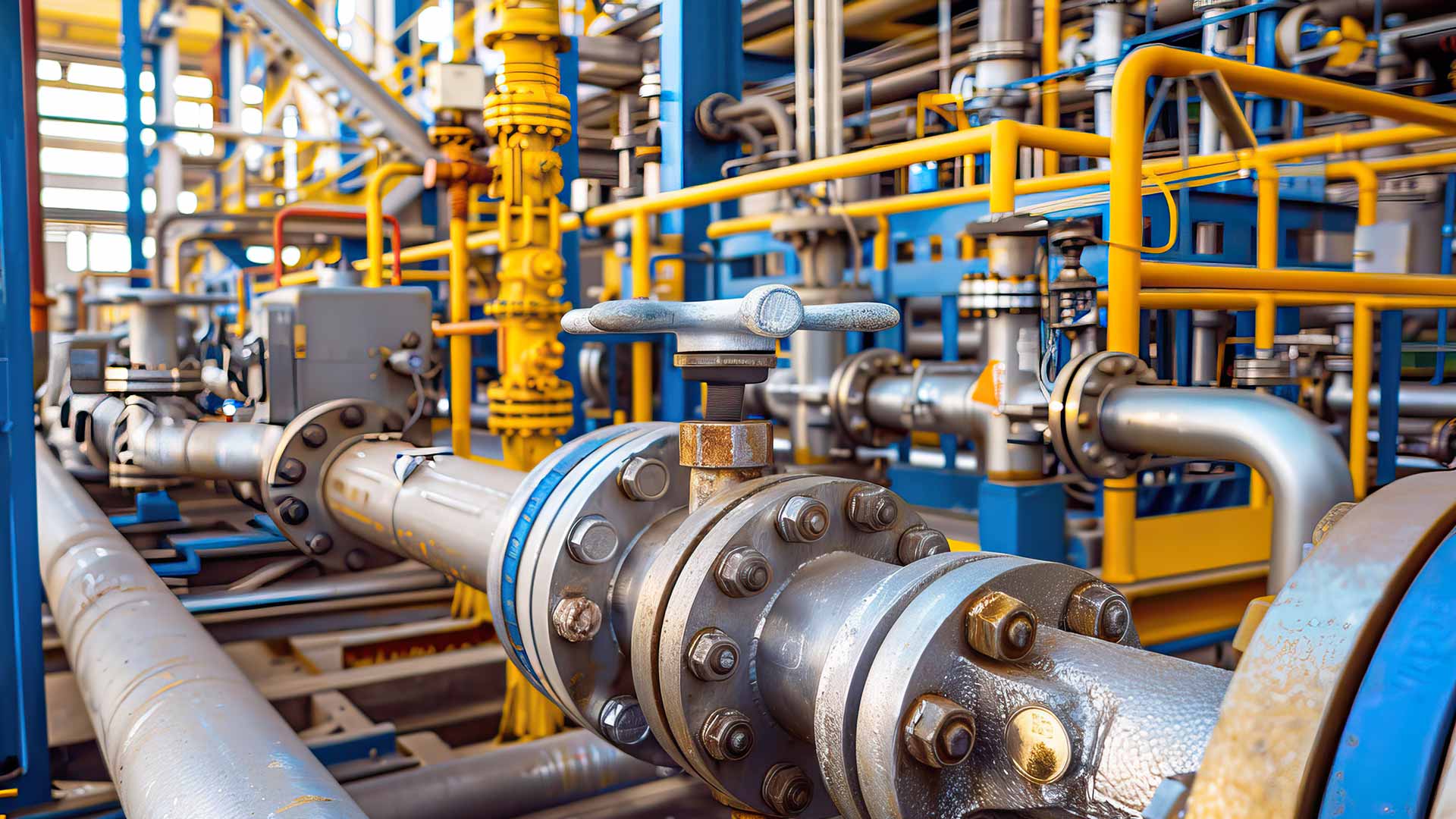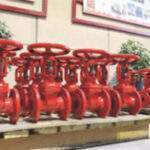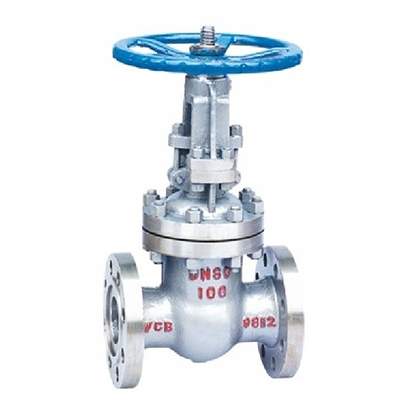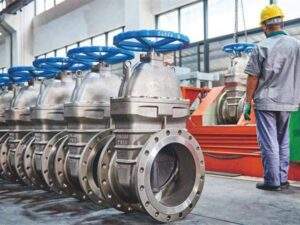Welcome to My Blog!
Before we dive into the content, I’d love for you to join me on my social media platforms where I share more insights, engage with the community, and post updates. Here’s how you can connect with me:
Facebook:https://www.facebook.com/profile.php?id=61563865935136
Now, let’s get started on our journey together. I hope you find the content here insightful, engaging, and valuable.
Introduction
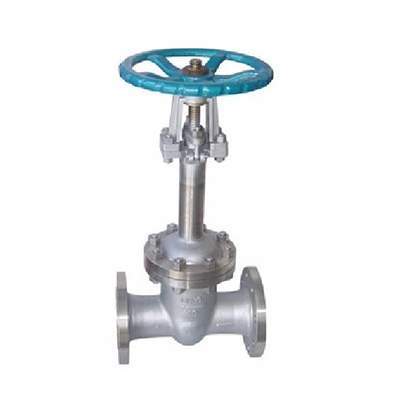
In the complex world of industrial fluid management, selecting the right components ensures efficiency, safety, and longevity. Among these components, the stainless gate valve stands out for its durability and versatility. Designed to control the flow of liquids and gases with precision, this valve type is a cornerstone in various industries. Its corrosion-resistant properties and robust construction make it ideal for demanding environments. This blog explores the top five uses of stainless gate valves in industry, delving into their applications, benefits, and technical advantages. Whether you’re an engineer, procurement specialist, or industry professional, understanding these applications can guide better decision-making for your operations.
What Is a Stainless Gate Valve?
A stainless gate valve is a type of valve used to start or stop the flow of fluid in a pipeline. Unlike other valve types, it operates by lifting a gate out of the fluid’s path, allowing for minimal flow restriction when fully open. Constructed from stainless steel, these valves resist corrosion, making them suitable for harsh environments where exposure to moisture, chemicals, or extreme temperatures is common. Their design emphasizes reliability and low maintenance, which is why they are favored in industries requiring consistent performance under challenging conditions.
Key Features of Stainless Gate Valves
The defining characteristics of a stainless steel gate valve include its stainless steel composition, which enhances resistance to rust and chemical degradation. These valves typically feature a wedge-shaped gate that ensures a tight seal when closed, preventing leaks. They are available in various sizes and pressure ratings, accommodating diverse industrial needs. Additionally, their straightforward design allows for easy operation, either manually or through automated systems, making them adaptable to both small-scale and large-scale applications.
Oil and Gas Industry Applications
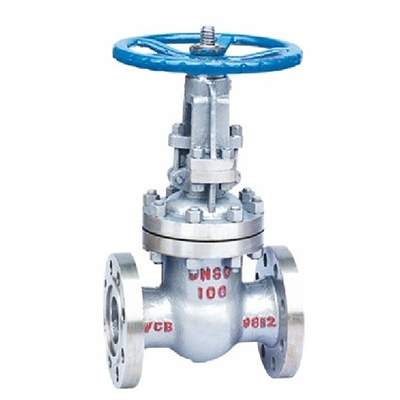
The oil and gas sector relies heavily on stainless gate valves for managing the flow of crude oil, natural gas, and refined products. These valves are critical in upstream, midstream, and downstream processes, where they regulate flow in pipelines, refineries, and storage facilities. Their ability to withstand high pressures and corrosive substances, such as hydrogen sulfide, makes them indispensable. For instance, in offshore drilling platforms, stainless gate valves ensure safe and efficient fluid control under extreme conditions, reducing the risk of leaks and system failures.
Why Stainless Gate Valves Excel in Oil and Gas
In oil and gas applications, the stainless steel gate valve’s resistance to corrosion is paramount. Pipelines transporting crude oil often contain water and sulfur compounds that can degrade lesser materials. The valve’s robust construction ensures longevity, reducing replacement costs and downtime. Additionally, its full-bore design minimizes pressure drops, allowing for efficient flow management across long distances.
Chemical Processing Plants
Chemical processing plants handle aggressive substances that demand reliable and durable equipment. Stainless gate valves are widely used to control the flow of chemicals, acids, and solvents. Their corrosion-resistant properties ensure they can withstand exposure to harsh chemicals without degrading, maintaining system integrity. These valves are often found in reactors, distillation columns, and storage tanks, where precise flow control is essential for safety and efficiency.
Ensuring Safety in Chemical Applications
Safety is a top priority in chemical processing, and stainless gate valves contribute by providing leak-proof performance. Their tight sealing capabilities prevent hazardous leaks, protecting workers and the environment. Additionally, their compatibility with automated control systems allows for remote operation, reducing human exposure to dangerous substances.
Water Treatment and Distribution
In water treatment and distribution systems, stainless gate valves play a vital role in managing the flow of potable water, wastewater, and treated effluents. Their corrosion resistance makes them ideal for handling water with varying pH levels or chemical additives, such as chlorine. These valves are commonly used in municipal water supply networks, desalination plants, and wastewater treatment facilities to ensure reliable flow control and system longevity.
Advantages in Water Treatment Systems
The stainless gate valve’s ability to resist rust and scaling ensures consistent performance in water treatment applications. Its low maintenance requirements reduce operational costs, while its durability extends the lifespan of water management infrastructure. These valves also support high flow rates, making them suitable for large-scale water distribution networks.
Technical Specifications of Stainless Gate Valves
To understand the versatility of stainless gate valves, it’s helpful to examine their technical specifications. The table below outlines common specifications for these valves, highlighting their adaptability to various industrial applications.
| Specification | Description |
|---|---|
| Material | Stainless steel (e.g., 304, 316) for corrosion resistance |
| Size Range | 1/2 inch to 48 inches, depending on application |
| Pressure Rating | ANSI Class 150 to 2500, suitable for low to high-pressure systems |
| Temperature Range | -50°C to 500°C, depending on alloy and design |
| End Connections | Flanged, threaded, or welded for compatibility with different piping systems |
| Operation | Manual (handwheel) or automated (electric/pneumatic actuators) |
| Standards Compliance | API, ASME, ISO, ensuring global applicability |
This table illustrates the flexibility of stainless gate valves, making them suitable for diverse industries with varying operational requirements.
Food and Beverage Processing
The food and beverage industry demands equipment that meets stringent hygiene and safety standards. Stainless gate valves are ideal for this sector due to their non-reactive surfaces and resistance to corrosion from food-grade liquids, such as juices, dairy, and syrups. These valves are used in processing lines, storage tanks, and bottling systems to control the flow of ingredients and finished products.
Meeting Food Safety Standards
Stainless gate valves comply with food safety regulations, such as FDA and USDA standards, ensuring no contamination of consumable products. Their smooth surfaces prevent bacterial growth, and their durability reduces the need for frequent replacements, maintaining consistent production quality. Additionally, their ease of cleaning supports compliance with strict sanitation protocols.
Pharmaceutical Manufacturing
In pharmaceutical manufacturing, precision and cleanliness are non-negotiable. Stainless gate valves are employed to control the flow of liquids and gases in processes like drug formulation, sterilization, and packaging. Their corrosion-resistant properties and ability to maintain a sterile environment make them essential for producing high-purity pharmaceuticals.
Precision and Reliability in Pharmaceuticals
The stainless gate valve’s ability to provide a tight seal ensures precise flow control, critical for maintaining batch consistency in pharmaceutical production. Their compatibility with clean-in-place (CIP) systems simplifies sterilization, reducing the risk of contamination. Furthermore, their robust design supports continuous operation in high-demand manufacturing environments.
Benefits of Using Stainless Gate Valves Across Industries
Across all these applications, stainless gate valves offer several universal benefits. Their corrosion resistance extends equipment lifespan, reducing maintenance and replacement costs. The valves’ simple design minimizes pressure loss, enhancing system efficiency. Additionally, their versatility in size, pressure ratings, and operation methods makes them adaptable to a wide range of industrial needs, from small-scale operations to large industrial complexes.
Cost-Effectiveness and Longevity
While the initial cost of a stainless gate valve may be higher than alternatives made from less durable materials, their longevity and low maintenance requirements make them cost-effective over time. Industries benefit from reduced downtime and fewer repairs, contributing to overall operational savings.
Challenges and Considerations in Using Stainless Gate Valves
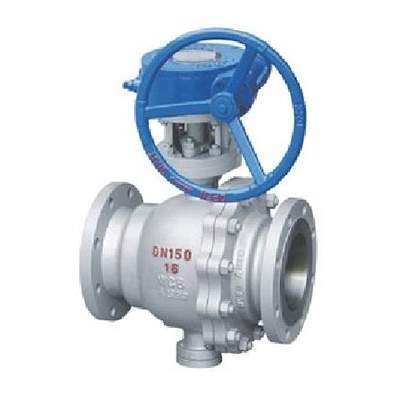
Despite their advantages, stainless gate valves are not without challenges. They are not ideal for throttling applications, as partial opening can cause turbulence and wear on the gate. Additionally, their initial cost may be a consideration for budget-conscious projects. Proper sizing and material selection are critical to ensure compatibility with specific fluids and operating conditions.
Overcoming Common Challenges
To address these challenges, engineers should ensure proper valve sizing and select the appropriate stainless steel grade for the application. For throttling needs, alternative valve types, such as globe valves, may be considered. Regular maintenance checks can also prevent issues like gate wear or actuator malfunctions.
Conclusion
The stainless gate valve is a reliable, durable, and versatile component that plays a critical role in industries ranging from oil and gas to pharmaceuticals. Its ability to withstand corrosion, provide tight sealing, and support high flow rates makes it a preferred choice for demanding applications. By understanding its uses and benefits, industries can optimize their operations and enhance system reliability. Ready to enhance your operations with high-quality stainless gate valves? Contact us today to explore our range and find the perfect solution for your needs.
FAQ
What is a stainless gate valve used for?
A stainless gate valve is used to start or stop the flow of fluids in pipelines, commonly in industries like oil and gas, chemical processing, water treatment, food and beverage, and pharmaceuticals.
Can stainless gate valves be used for throttling?
No, stainless gate valves are designed for fully open or fully closed positions and are not suitable for throttling, as partial opening can cause gate wear and turbulence.
What materials are stainless gate valves made from?
They are typically made from stainless steel grades like 304 or 316, which offer excellent corrosion resistance and durability.

